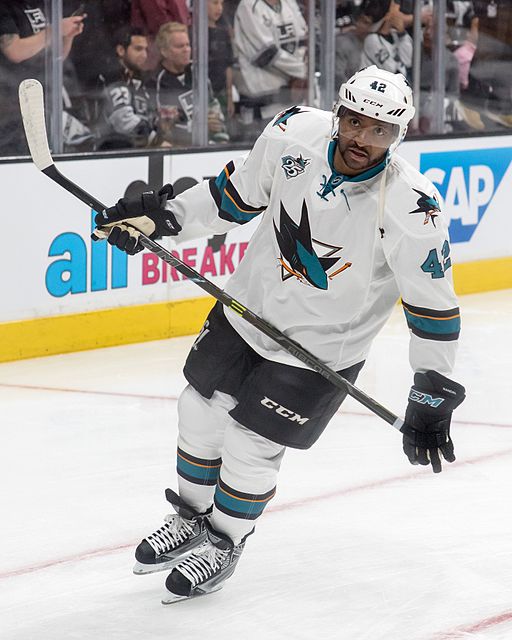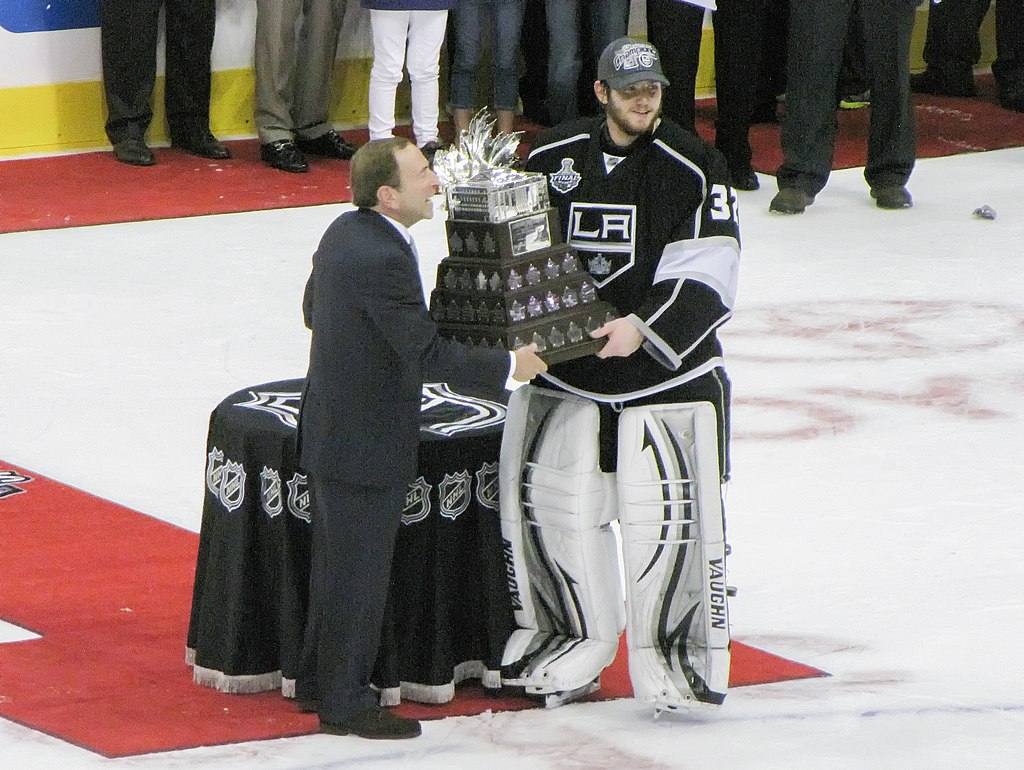By Mikhail Bryan
What is the best way to develop as a team player? How can a young player grow and develop so they can play on a team at the highest level? Much like any sort of ascending path, there are many ways to achieve success in hockey. NHL players such as Glen Metropolit and Joel Ward took a certain less traveled route. On the other hand, players like Steven Stamkos and Jonathan Toews took a route most deem as “traditional”. Despite these differences, we believe one thing to be certain: team development is essential at every level.
Playing Hockey All Year Round
As we mentioned in an earlier article, more and more youth hockey players are beginning to play hockey all year round. This has positives and negatives associated with it. One aspect that we did not mention in that article was the effect that playing year-round hockey has on the team development of an individual player. Many of these players playing hockey year-round can end up on three to four different teams throughout one season.
For example: youth hockey players in New England can play high school or prep school hockey while playing AAA (or club) hockey in the fall and winter, then in the spring continue with their AAA team while playing for various spring tournament teams. That’s not to mention the possibility that if the player is an elite-level talent, they could also be playing for a junior team throughout this timeline. Then summer rolls around and the player is on more summer tournament teams. So over the course of just one season, this player could be on a high school/prep school team, AAA team, junior team, spring tournament team(s), and summer tournament team(s). That is a lot.
Year Round Hockey on Player Development
So what does that do for a player’s development? On one hand, year round players are exposed to more coaches, scouts, and fellow players as we mentioned in our earlier article. This increases their chances of being noticed and also grows their network at a young age.
However, this can also make it very difficult for a player to understand what it takes to play on a team. Instead of spending year after year learning with the same coaches and players, understanding and cultivating their role as a skilled forward, defensive forward, offensive defenseman, or defensive defenseman; they are being thrust into a new environment monthly. These players may not be able to grasp what it takes to succeed at each level and may develop a sense of self over team. Instead of focusing on how to develop within their team, they are only worried about their own personal trajectory.
In my experience, this leads to selfish players that do not really understand how to play the game of hockey. They never learned simple team concepts like sacrifice, selflessness and accountability. The reality is that these players fade out fairly quickly. Not all players can follow the trajectory of Connor McDavid or Auston Matthews, dominating at every age group they ever played with. Instead, most players will need to learn how to adapt and survive at each level, growing as they get older. This will lead to these players developing both individual and team skills. Developing within a team year after year can cultivate other positive characteristic traits such as perseverance and loyalty.
Well Rounded Players
Ultimately, more players at the highest level resemble a well-rounded, team-oriented player than resemble a McDavid or Matthews. They may not be broadcast on TV every night with highlight reel goals, but they allow the elite players like McDavid and Matthews to accomplish what they do. These players understand the importance of sacrifice, selflessness and accountability. If you ask them, those concepts are likely a huge reason that they were able to defy the odds and climb the ranks from minor hockey in small towns, to the big stage of the NHL.
Lessons for Life
This idea that being a well-rounded and team-oriented player will pay off in hockey also applies to life in general. When thinking about career goals and personal relationships alike, the more well-rounded and selfless one can be, the more likely that person is to be successful and content with where they are at. They also learn to be flexible and pivot in unforeseen circumstances. This is an added benefit to learning how to be a contributing and selfless member of a team. Not only are lessons learned in hockey applicable to the sport, but players should take those lessons and utilize them “beyond the glass”…….
Post image attribution: By: mark6mauno, CC BY-SA 2.0 https://creativecommons.org/licenses/by-sa/2.0, via Wikimedia Commons




